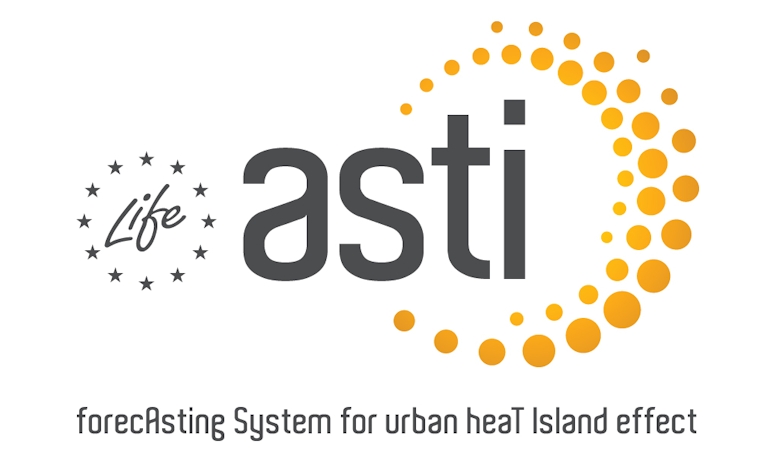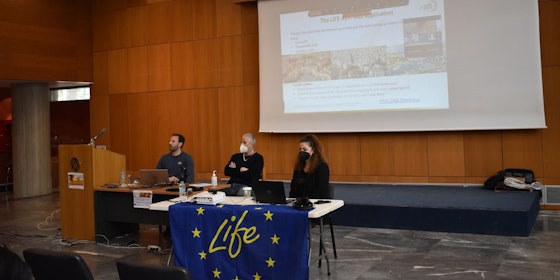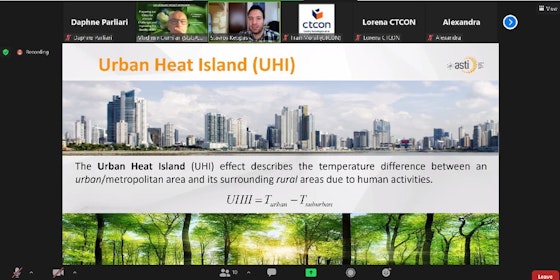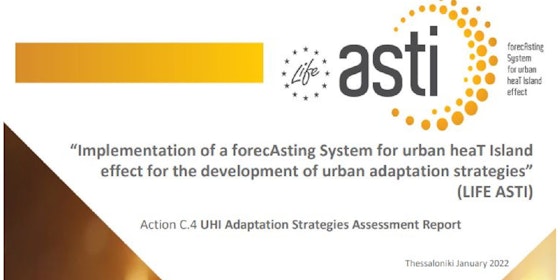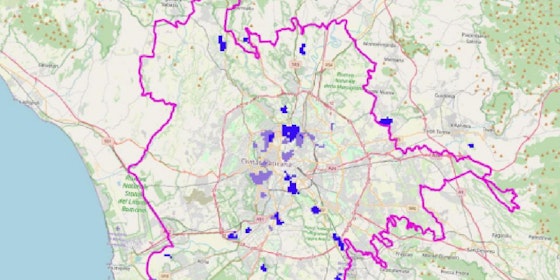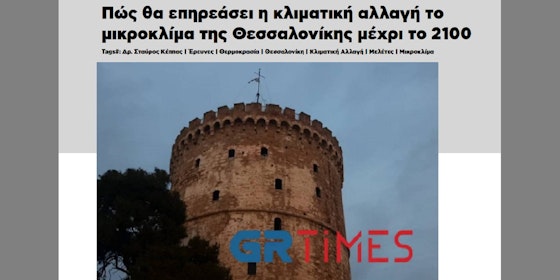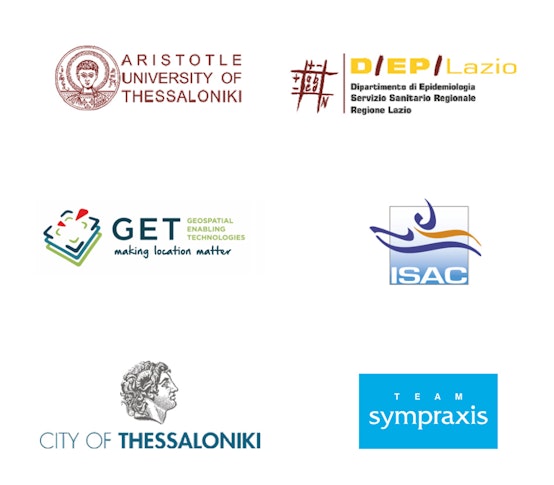LIFE ASTI presented in Thessaloniki through a series of informative and educational events
The Municipality of Thessaloniki has successfully organised a series of informative and educational events within the broader framework of the LIFE ASTI project “Implementation of a forecAsting System for urban heaT Island effect for the development of urban adaptation strategies”. The events took place in the multi-purpose hall “Manolis Anagnostakis” of the Thessaloniki City Hall. The main goal of these events was to present the results of the LIFE ASTI Project including the LIFE ASTI System Platform and the smartphone application for iOS and Android. The Municipality’s plan to counter the Urban Heat Island phenomenon was also presented. The final results of the project can be viewed at the LIFE ASTI webpage https://lifeasti.eu/.
At the start of the events, the vice mayor of Thessaloniki for finances, also in charge of Urban Resilience, Mr. Michail Koupkas, addressed participants and emphasised the proactive role of the Municipality of Thessaloniki regarding major issues such as environmental protection, climate crisis and urban resilience. Greetings to the participants of the event, were also addressed by the vice mayor in charge of the environment, green spaces, and volunteering of the Municipality of Pavlos Melas, Mr. Sakis Lazaridis, as well as the Dean of the School of Sciences of the Aristotle University of Thessaloniki, Professor Chara-Myrto-Agapi Charalampous. The event was attended physically and remotely by 60 people in total. You can watch the video of the event HERE.
